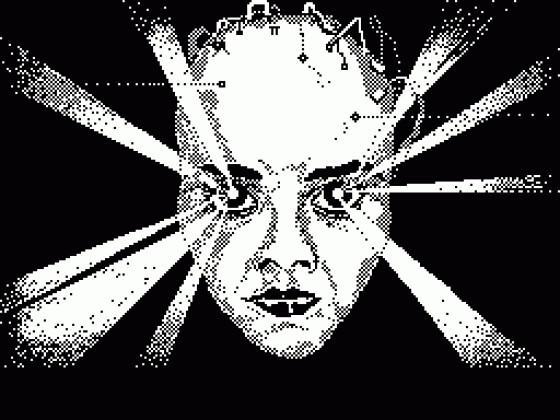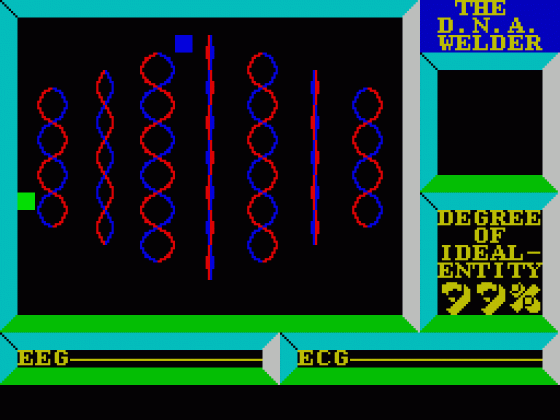Other Reviews Of Deus Ex Machina For The Spectrum 48K
Deus Ex Machina (Automata)
A review
Deus Ex Machina (Automata)
A review by D.M. (Home Computing Weekly)
Deux Ex Machina (Automata)
A review by Bob Wade (Personal Computer Games)
Deus Ex Machina (Automata)
A review by Clive Smith (ZX Computing)
Deus Ex Machina (Automata)
A review by John Gilbert (Sinclair User)


 22nd August 1984
22nd August 1984


